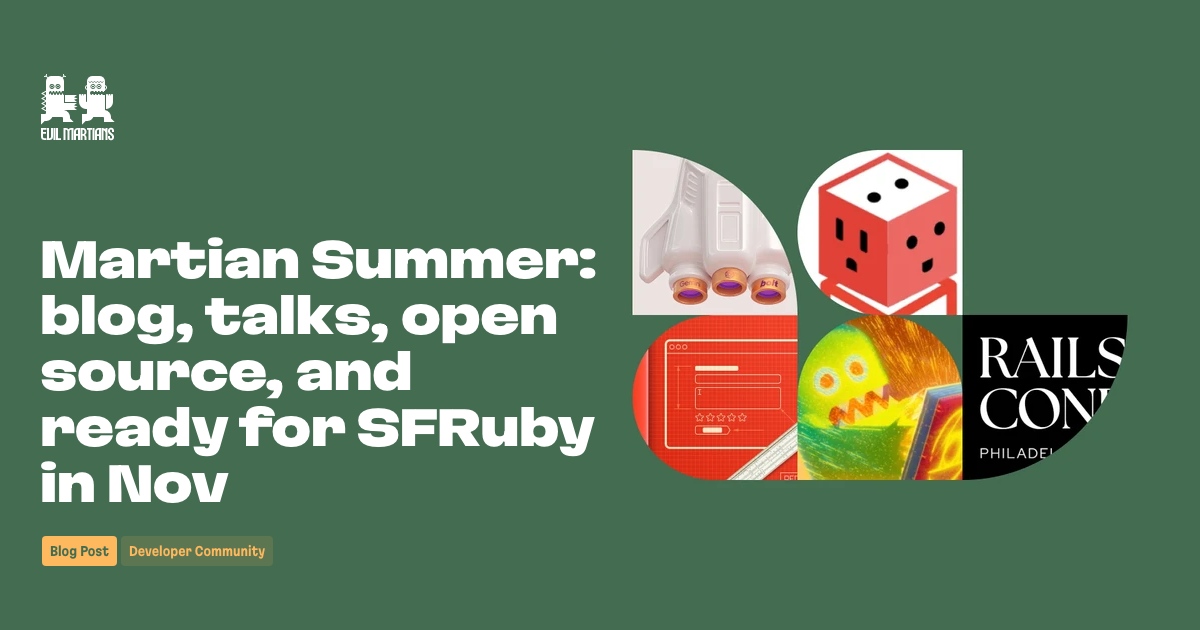
You can study Italian grammar and vocab all day long, but if you want to really do as the Romans do, you’ll need to learn some slang. Italian slang words are the grease that keeps everyday conversation moving: colorful, expressive and often untranslatable.
This guide is your overview of the essentials. Think of it as your “Italian slang hub” that covers popular terms, must-know phrases and regional twists. You’ll learn how to use them all without sounding like you just stepped out of a textbook.
Why Learning Italian Slang Matters
Slang isn’t just sentence decoration. It can also…
- make you sound more natural even if your grammar isn’t perfect.
- help you understand locals. Movies, songs and casual chats are full of slang.
- give you cultural insight. Many expressions reveal how Italians see the world.
And because slang is fluid, you’ll hear different words depending on the region, the age group and the social setting.
Common Italian Slang Words
Here’s a starter list of slang you’ll hear all over Italy – plus how to use each one.
| Slang Word | Meaning | Example |
| Boh | I don’t know / Who knows | Boh, vediamo. (“I dunno, we’ll see.”) |
| Figata | Cool / awesome | Che figata! (“How cool!”) |
| Tipo | Like / guy | Era tipo stanco. (“He was, like, tired.”) |
| Magari | If only / hopefully | Magari domani fa bel tempo. (“Hopefully it’s nice tomorrow.”) |
| Figo/a | Cool / attractive | Lui è figo. (“He’s cool/handsome.”) |
| Fare il filo | To flirt with | Sta facendo il filo a Giulia. (“He’s flirting with Giulia.”) |
| Scialla | Chill / take it easy | Scialla, ci penso io. (“Relax, I’ll handle it.”) |
| Tirare il pacco | To stand someone up | Mi ha tirato il pacco. (“He stood me up.”) |
| Sbolognare | To get rid of something/someone | Ho sbolognato i compiti in un’ora. (“I knocked out my homework in an hour.”) |

Cultural Note: Some slang is fine with friends but too casual for work or formal situations.
Popular Italian Slang Phrases
Slang isn’t just single words. Many of the most beloved Italian slang expressions are short phrases. For example:
- In bocca al lupo — Literally “in the mouth of the wolf,” used to say “good luck.”
Response: Crepi (il lupo) — “May the wolf die.” - Meno male — Thank goodness.
Meno male che sei arrivato! — “Good thing you arrived!” - Che pizza! — How boring/annoying! (Literally “What a pizza!”)
- Essere al verde — To be broke.
Dopo le vacanze, sono al verde. — After vacation, I’m broke. - Non me ne frega niente – I don’t care at all.
Informal, use cautiously. - A fagiolo — Just right / perfectly timed.
Il tuo messaggio è arrivato a fagiolo. — “Your message came at just the right moment.”
Regional Variations of Italian Slang
Italy’s regional dialects give slang its spice. Here’s a taste:
Rome
- Aò — Roman greeting or attention-getter.
- Daje — Come on! / Let’s go!
Naples
- Guagliò — Kid, guy (from Neapolitan dialect).
- Jammo — Let’s go (from andiamo).
Sicily
- Bedda — Beautiful (feminine, from Sicilian dialect).
- Minchia — Expressive exclamation, where tone and context matter.
Milan & Northern Italy
- Sballo — Great fun.
- Pirlare — To waste time (informal, from Lombard dialect).
Context Is Everything: Formal vs. Slang Italian
Formal Italian is for:
- Work meetings
- Speaking with strangers in professional settings
- Writing emails or official documents
Italian slang is for:
- Friends and peers
- Casual text messages
- Street conversations, bars, or informal gatherings

If you’re not sure whether slang is appropriate, start formal — you can always loosen up later.
Tips for Using Italian Slang Correctly
- Listen before you use it. Pay attention to tone, body language and setting.
- Know your audience. Figata with a friend? Sure! With your boss? Probably not.
- Practice in context. Work slang into role-plays or casual chats.
- Stay updated. Slang changes – what’s cool now might be “so yesterday” in five years.
Exploring Italian Dialects
Slang and dialect overlap, but they’re not the same. Dialects are distinct linguistic systems, and slang often borrows from them.
For deeper dives on Italian dialects by region, check out:
Free Resources for Learning Italian Slang
- Italian TV & films — Watch with Italian subtitles to catch slang in action.
- Italian music — Song lyrics are slang-rich, though of course that depends what you’re listening to.
- Podcasts — Look for casual, conversational episodes to listen to (here are some of our favorite Italian podcasts).
- The Babbel app — Courses include authentic dialogues and cultural notes.
Frequently Asked Questions
What is the difference between Italian slang and formal Italian?
Slang is informal, creative, and often region-specific. Formal Italian follows grammar rules and is used in professional or respectful contexts.
Where can I learn more about Italian slang?
Start with media made for Italians – movies, music, podcasts – and use our cultural articles to learn context and meaning.
Final Thoughts
Italian slang can be a window into how Italians think, joke and connect. Start with a few essentials like boh, figata and in bocca al lupo, and you’ll quickly find yourself picking up new ones from everyday conversation.
Learn the slang, listen for it and, above all, enjoy the personality and extra *chef’s kiss* flavor it brings to your Italian.
The post Che figata! The Most Common Italian Slang Words And How To Use Them appeared first on Babbel.




